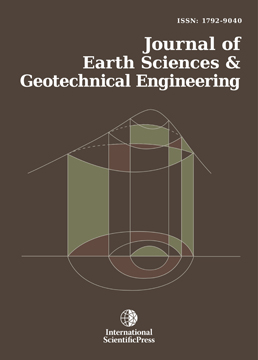Journal of Earth Sciences and Geotechnical Engineering
Climatic Change, Land Use and Food Security in Uganda: A Survey of Western Uganda
-
 [ Download ]
[ Download ]
- Times downloaded: 14964
Abstract
The paper sought to shade light on the causes of climatic change, to what extent land use has contributed to climatic change and how this will impact on food security. Global warming is likely to reduce agricultural production and increase food insecurity in the Tropics. Of recent in Uganda, deforestation, combustion of fossil fuels, and production of agricultural commodities such as rice and livestock have caused atmospheric concentrations of carbon dioxide (CO2) and other greenhouse gases to rise significantly. “Greenhouse” gases absorb energy radiated from Earth to space and warm the atmosphere. The paper sought to research on the causes of climatic change that seem to be both “man-made and natural, the impact of climatic change on food security and find out policy actions that could be undertaken to reduce on Climatic change. Evidence in Uganda (According to National Environmental Management Authority) show that the rate at which the climate is changing in Uganda is alarming. The research study was empirical as the researchers used first hand information from the various stake holders. Data was obtained through interviewing, observation and reviewing of relevant literature. Findings of the study are that human factors have contributed significantly to climate change. These manmade contributions can be seen in aspects of Deforestation, land degradation, increased industrialization, un controlled population and the need to tap gravity water. All these have contributed to food insecurity.
